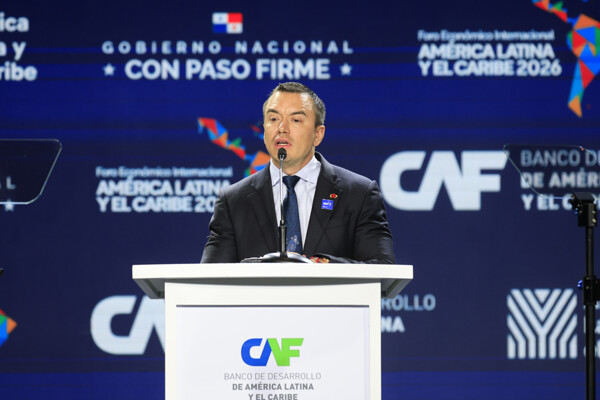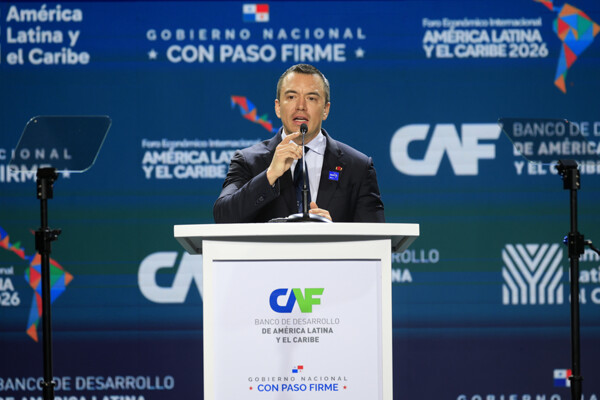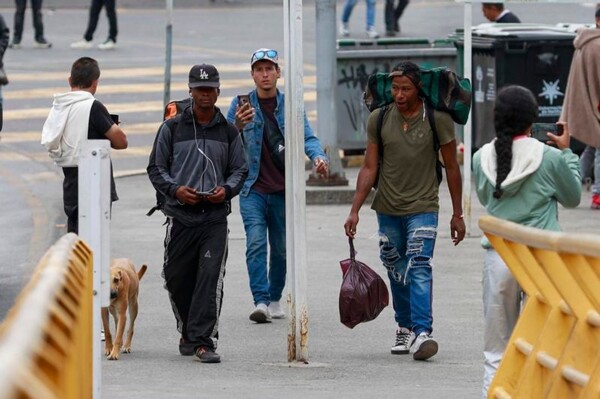A report from the non-governmental organization International Crisis Group (ICG) indicates that despite decades of repressive strategies, drug trafficking in Latin America has fragmented into increasingly diversified criminal networks. Military and police operations have reconfigured drug trafficking routes and strengthened criminal groups, increasing institutional corruption in the region.
According to the report, criminal networks operate at different levels. Starting with entrepreneurs and financiers who invest in drug trafficking without participating in its direct operation, using money laundering mechanisms in legal sectors. Next are organizations that control the transportation of drugs to foreign markets through maritime and aerial routes. After that are national groups that oversee production and ensure the safe transportation of drugs within their territories, and finally, local gangs that manage retail sales and territorial control.
Fentanyl has brought significant changes to the drug trafficking economy in the region. This potent opioid has allowed Mexican criminal groups to become key players in its manufacturing and distribution due to its more economical and simpler production compared to drugs like cocaine or heroin.
The report highlights that drug trafficking is no longer dominated by hierarchical cartels but by decentralized networks that outsource different phases of the process. In countries like Mexico, Ecuador, and Honduras, connections have been documented between judges, prosecutors, and criminal groups, hindering efforts to dismantle these networks.
In addition to drug production and distribution, criminal organizations have diversified into activities such as extortion, kidnapping, and arms trafficking. State corruption has facilitated the operation of these groups, with judges, police, and public officials co-opted or threatened.
To address the problem, experts suggest comprehensive strategies that combine improvements in police action, economic development programs, and control of arms trafficking. They also propose the modernization and professionalization of the police, the creation of job opportunities and social programs for vulnerable youth, as well as reducing access to high-caliber weaponry and exploring dialogues with some criminal groups to reduce violence.














